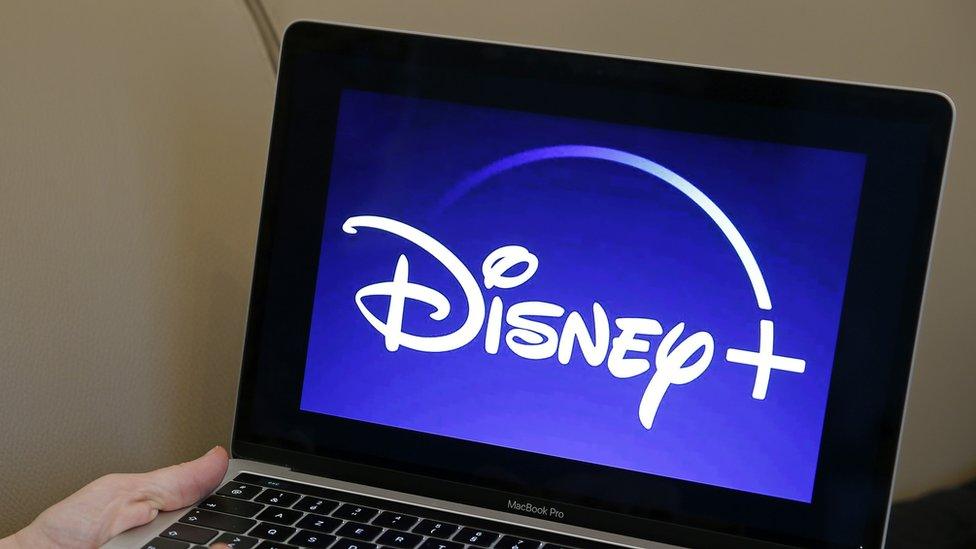TV licence fee: What is it and why are people talking about it?
- Published
- comments
TV Licence Fee: How do you watch the things you love?
Lots of people watch programmes on their TV or tablet every day. They might also listen to the radio.
But have you ever wondered how all of the programmes and content get made? And who pays for it all?
Well when it comes to the BBC, it's because of something called the TV licence.
So, what is it and why are people talking about it?
What is the TV licence fee?
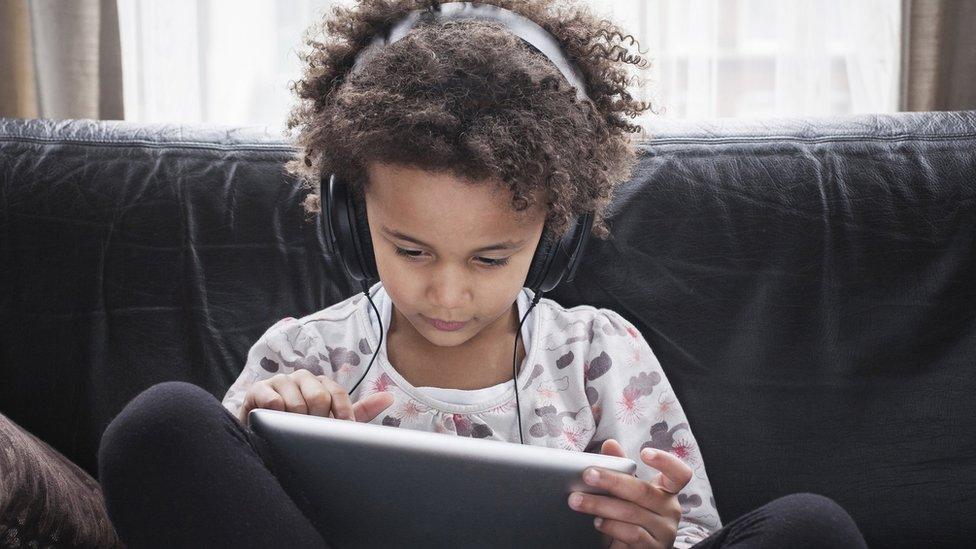
Every household in the UK needs a licence to watch live TV or programmes on catch-up services like BBC iPlayer. It's illegal to do this without one.
But you don't have to own a television to need a TV licence - other devices such as laptops, tablets and mobile phones count too.
Most people have to pay for the licence. At the moment it costs £159 a year (£53.50 for black and white TV sets).
Some people who are 75 years old and over get their licence for free.
What is the money used for?

Most of the money (over 90%) from the TV licence fee goes to the British Broadcasting Corporation - the BBC.
Yep, that's the organisation which makes Newsround and shows other programmes such as The Next Step and Jamie Johnson.
It doesn't just fund BBC TV channels (including CBBC) but also its radio stations, BBC iPlayer, BBC Sounds and online services and apps.
The BBC is the UK's public service broadcaster which means its job is "to act in the public interest" by providing "impartial, high quality and distinctive" content which "inform, educate and entertain" all audiences.
On other channels, such as Channel 4 and ITV, funding comes from companies paying to have adverts between programmes.
On services such as Netflix and Disney+, people pay a fee each month to be able watch its content.
Why are people talking about the TV licence?
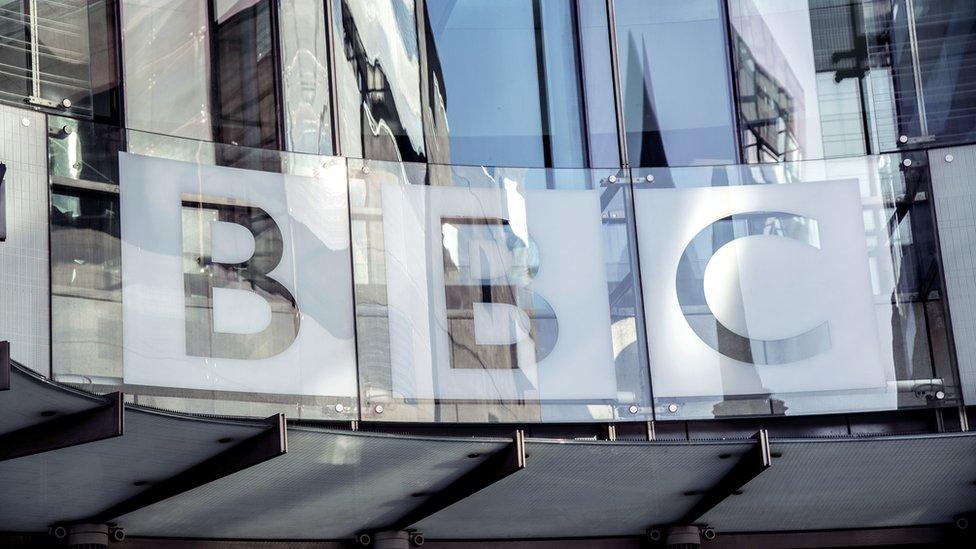
The government has announced that the cost of a TV licence will be frozen for the next two years which means it can't be increased.
After that is due to rise with inflation until 2027, which is when the current agreement between the BBC and the government, called a Royal Charter, ends.
The man in charge of the BBC, Director-General Tim Davies said the freeze will affect what the BBC makes.
On Monday the Culture Secretary Nadine Dorries says freezing the licence fee will help families who are struggling with rising costs.
But there's been quite a lot of talk about whether or not people should still need to pay for a TV licence at all.
Nadine Dorries has said the government would be looking at whether the licence fee was the best way to pay for the BBC in future. She says a review on the future of the BBC will start soon.
What are the reasons AGAINST keeping the TV licence?
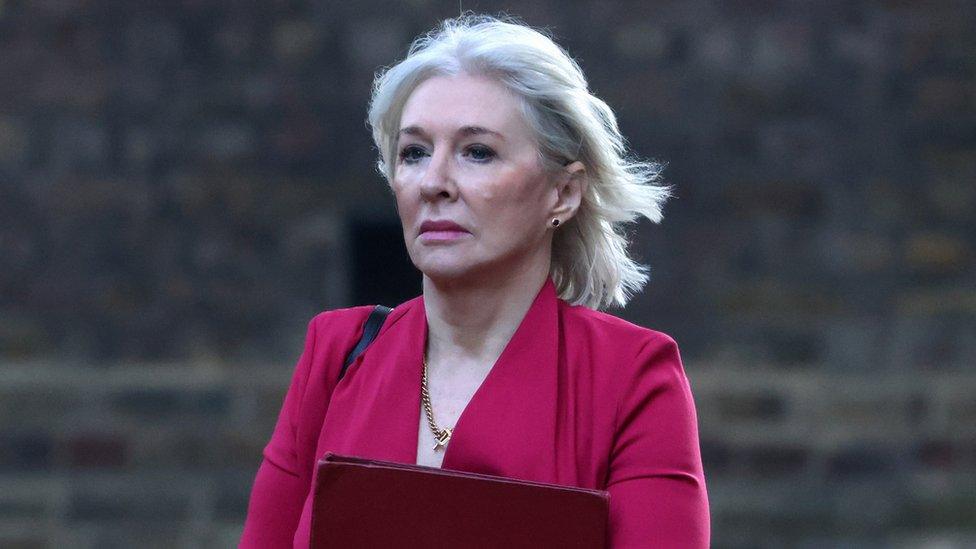
Culture secretary Nadine Dorries says the government wants to discuss ending the TV licence fee
Critics argue that other on-demand streaming services, such as Netflix, Amazon Prime and Disney+, are growing in popularity.
It means people have much more choice now when it comes to what they want to watch.
They say that the licence fee forces people to pay for something they may not use often. For example, someone might watch other TV channels, such as ITV or Channel 4, but never put on BBC One or CBBC.
The BBC also does lots of different things - from kids' TV, to local news, coverage of big sporting events and entertainment shows like Strictly Come Dancing.
Some argue that it simply does too much and does some of the same stuff as other channels and services.
What are the reasons FOR keeping the TV licence?
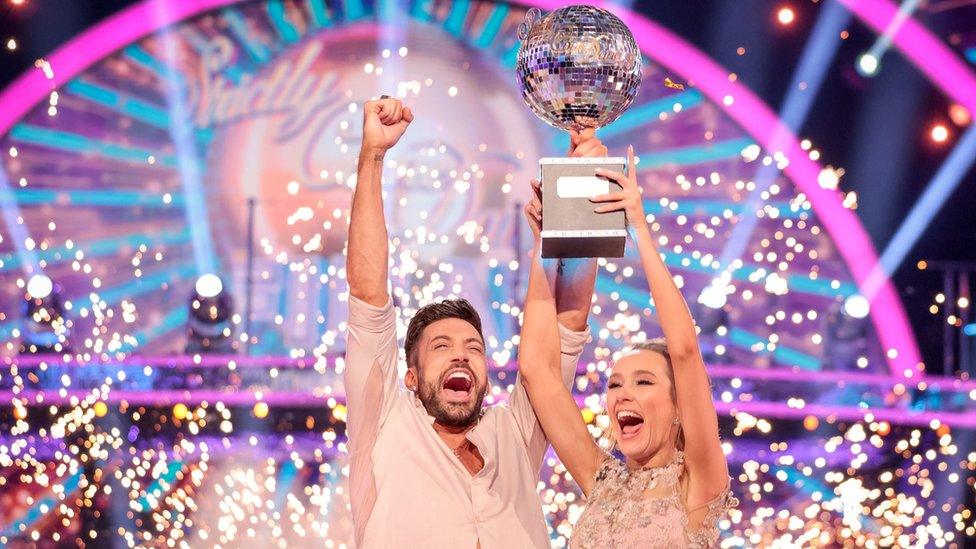
The BBC produces shows including Strictly Come Dancing
Those in favour of the licence fee say the BBC is good value for money and that it plays an important part in society.
It broadcasts popular shows such as Strictly Come Dancing, Match of the Day, Doctor Who and Blue Planet, as well as producing local, national and international news.
But the funding from the licence doesn't just pay for its TV channels and programmes, it includes lots of other things too.
For example podcasts, sports commentary and online articles, content to help with school work...and even quizzes!
For those who support the licence fee, they say that as the UK's public service broadcaster, the BBC has a vital role to play in making sure everyone in the UK can read, see or hear fair and unbiased news for free.
Then there's also the argument that it's a positive thing not having to watch loads and loads of adverts!
Will the licence fee be scrapped?
The licence fee is protected in law until 2027 when the current agreement between the BBC and government comes to an end.
Before then there will be discussions on whether the licence fee should be abolished, and if yes, what other ways the BBC might be funded.
- Published29 October 2019
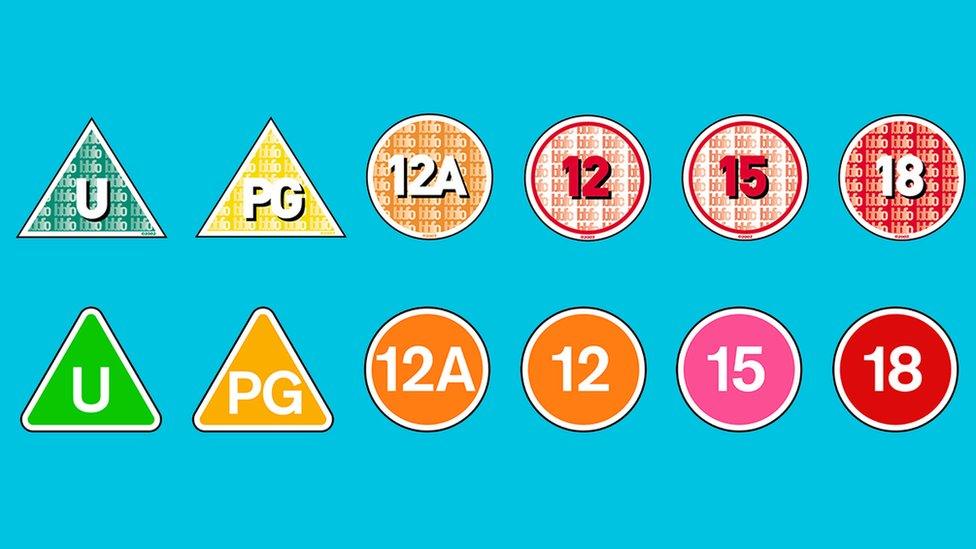
- Published30 October 2019

- Published13 November 2019
